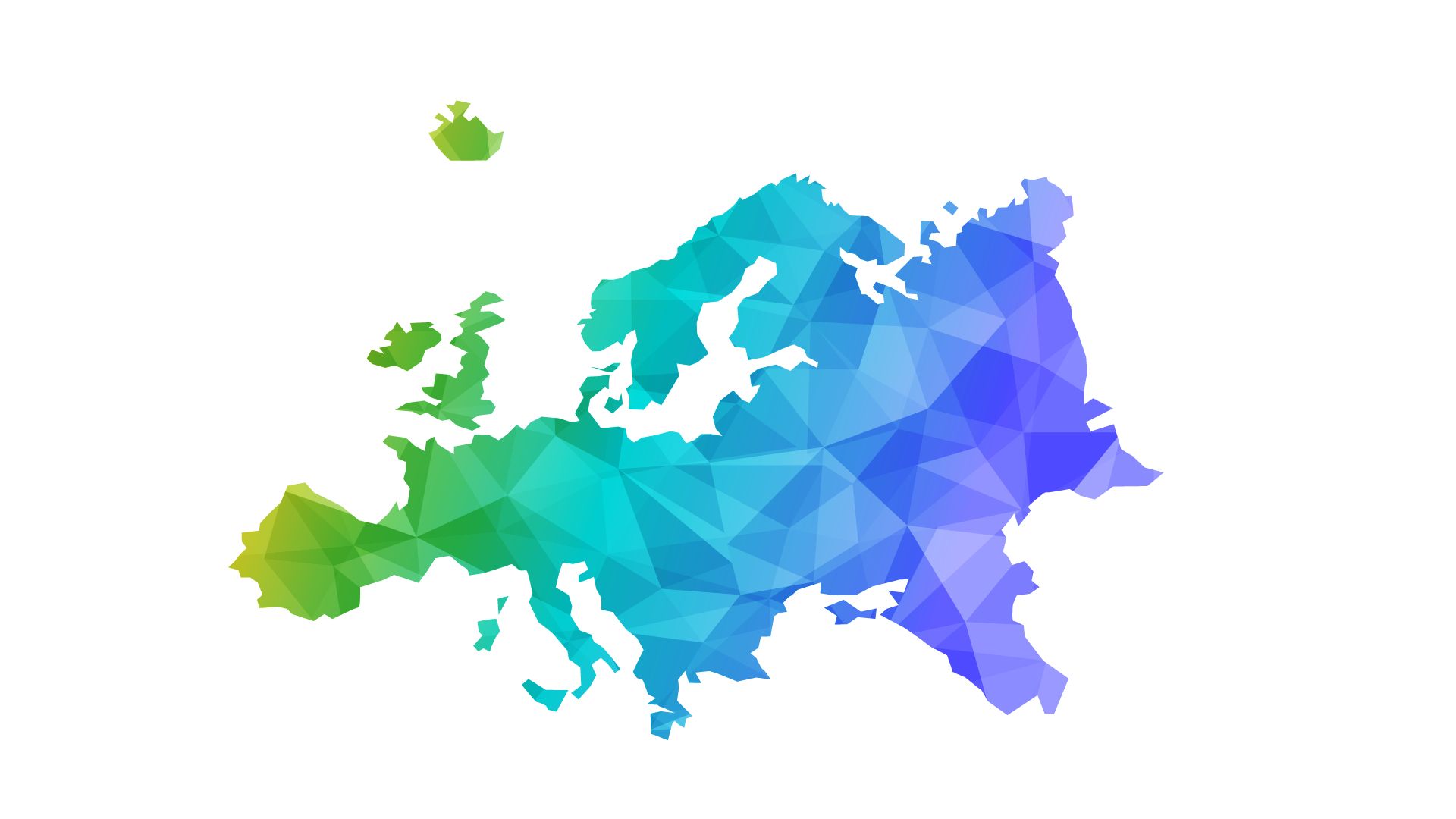The “Right to be Forgotten” is a privacy ruling that enables Europeans to delist certain URLs appearing in search results related to their name. In order to illuminate the effect this ruling has on information access, we conducted a retrospective measurement study of 3.2 million URLs that were requested for delisting from Google Search over five years. Our analysis reveals the countries and anonymized parties generating the largest volume of requests (just 1,000 requesters generated 16% of requests); the news, govern- ment, social media, and directory sites most frequently targeted for delisting (17% of removals relate to a requester’s legal history includ- ing crimes and wrongdoing); and the prevalence of extraterritorial requests. Our results dramatically increase transparency around the Right to be Forgotten and reveal the complexity of weighing personal privacy against public interest when resolving multi-party privacy conflicts that occur across the Internet. The results of our investigation have since been added to Google’s transparency report.
Five years of the Right to Be Forgotten
| Available Media | Publication (Pdf) Slides (pdf) Slides (Online) |
| Conference | Computer and Communications Security (CCS) - 2019 |
| Authors | Theo Bertram , Elie Bursztein , Stephanie Caro , |
| Citation |



